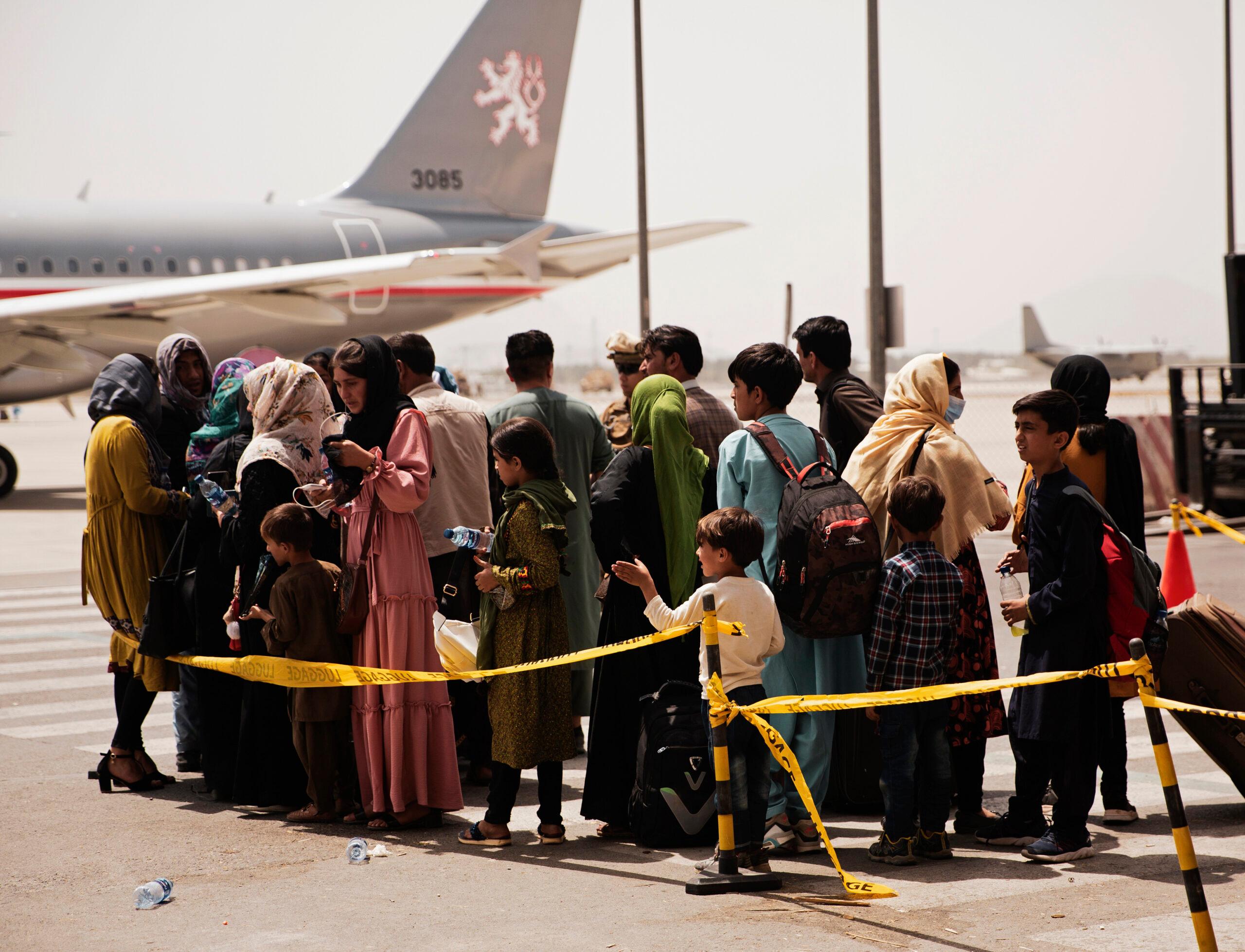
While serving in Afghanistan as an army intelligence officer nearly a decade ago, Captain John Garvin worked with many interpreters who guided U.S. soldiers through the region. Now, as the Afghan government collapses and the Taliban takes control, he’s tried to help two men he served alongside find a way out.
Results have been mixed. Garvin, who now works in insurance and lives Centennial, said he’s done everything he can do to help, including working with liaisons from Representative Jason Crow’s office and the state department to get paperwork processed. But at this point, everything is up to people more powerful than him, which has been frustrating.
“We've submitted paperwork to the state department,” he said. “Anything we can find online that leads to paperwork that can get people out of Afghanistan, I've been sending their way and I've been helping them fill out, but it's just a colossal black hole of information right now.”
The Biden Administration promised thousands of Afghan interpreters in late July that it would help them escape. Roughly 18,000 Afghan nationals applied for special immigrant visas, but the country’s long immigration process has caused long delays.
Garvin said one interpreter, who lives in San Jose with a green card, returned to Afghanistan to get his wife. They were able to fly to Qatar, and from there, the couple was evacuated to an Air Force base in Germany.
“He doesn't know when he's going to get out. He doesn't know what the next steps are. He doesn't know when he's going to be able to get back to the states,” Garvin said.
Meanwhile, a second interpreter Garvin has contacted is still stuck in Afghanistan with his wife and children. Garvin says the man doesn’t have a green card, which has complicated the process. He’s not sure whether it will be possible for the entire family to leave.
“I think that's a pretty tough decision that some people were having to make at this point. I just don't know how feasible that is,” Garvin said.
The U.S. withdrawal from Afghanistan has frustrated many Colorado veterans, including Rep. Jason Crow, due to the speed of the Western-backed government’s collapse. Garvin feels the same, mainly because he believes the country is leaving Afghanistan and its people in a worse state than when it entered it.
“The Durand line was drawn by the British a few hundred years ago. All of these countries are trying to make this — the country, this notion of Afghanistan — work. Maybe that's been the problem for the last 20 years. We've been trying to make this country exist when this [version of the] country should not exist,” he said.
The Taliban have given American forces until the end of the month to end airlift operations at the Kabul airport. Thousands of Afghan citizens, who fear a rollback of women’s rights or retaliation from the Taliban, have hunkered down and gone into hiding.









